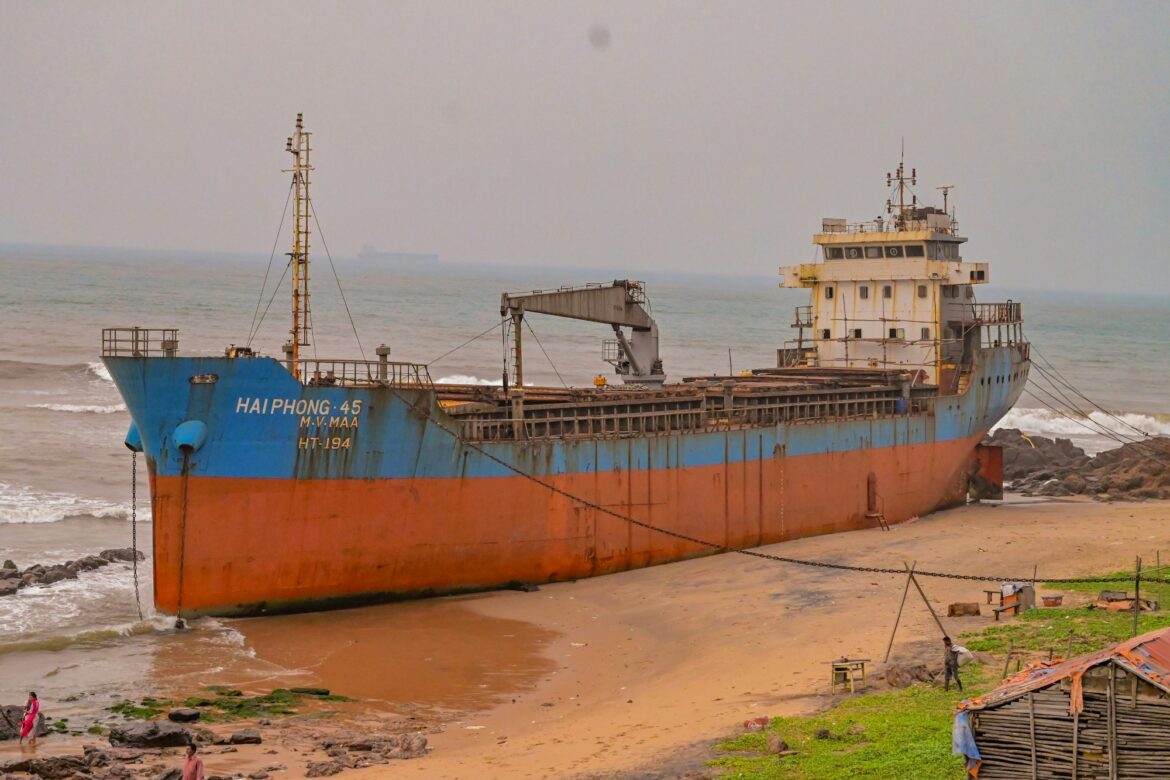Bangladesh’s ship recycling industry now faces a critical turning point after the enforcement deadline for the Hong Kong International Convention passed while many yards were still not ready, a situation that raises urgent concerns for workers, local businesses and the steel sector. The country ratified the convention in June 2023, but by mid 2025 only seven yards had gained green yard certification and about fifteen more were still upgrading, leaving a large share of operational sites out of compliance. Officials say the Ship Recycling Board has a severe manpower shortage, so routine tasks like issuing permits and no objection certificates have moved to the Ship Recycling Wing of the Ministry of Industry while oversight shifts, creating delays and uncertainty for yard owners. Those delays can be costly because buying ships for dismantling requires big capital, and bank interest pushes up costs when permits stall, which puts financial strain on yard operators. Thousands of workers depend directly on yard jobs and millions more benefit in related trades such as steelmaking, transport and furniture manufacturing, so sudden limits on shipbreaking could harm incomes and force the country to import scrap metal that would use foreign currency. Safety and environmental systems are also unfinished: a Treatment, Storage and Disposal Facility to handle hazardous waste has been planned with international technical help but land acquisition delays mean safe disposal is not yet assured. Experts warn that if Bangladesh tightens rules while nearby recyclers offer lower barriers, business might flow to competitors and Bangladesh could lose market share in a region that shifted to Asia for lower regulation in the past. Legal specialists note that ratification creates binding duties under treaties like the Vienna Convention, so delays in enforcement cannot simply avoid obligations, but meeting those obligations must be practical and fair to protect workers and the economy. To bridge the gap, specialists call for coordinated action by the International Maritime Organization, national authorities and industry partners to tailor feasible standards, boost inspection and monitoring, and combine technical support with targeted financing. Practical measures should include phased certification timelines, training and safety gear for workers, clear permitting processes to reduce financial risk, a stakeholder fund to finance hazardous waste treatment, and transparent reporting that builds confidence. Pilot projects, local training centres and community engagement can deliver quick wins, help yards adopt safer methods faster, reassure families and create a roadmap that balances jobs, public health and cleaner coastal waters and local businesses. With careful planning, timely aid and strong oversight, Bangladesh can move toward safe, environmentally sound recycling that protects workers, keeps the steel supply steady and preserves the nation’s place in a global market while meeting international rules.
Bangladesh’s ship recycling faces crossroads: jobs, safety, and green standards
35


